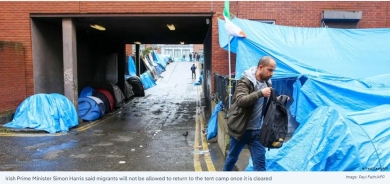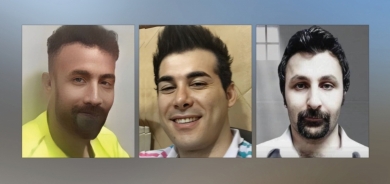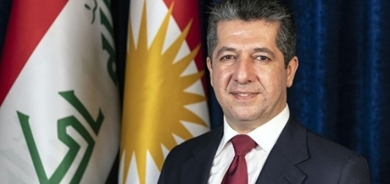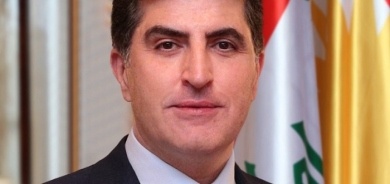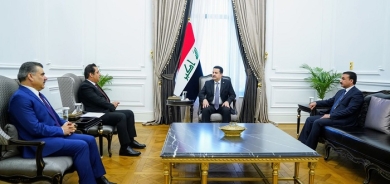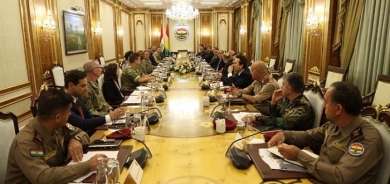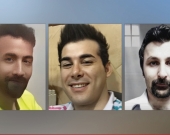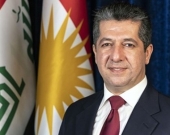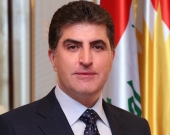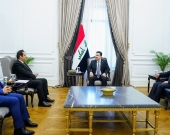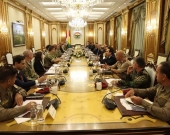Iranian Opposition Pledges Autonomy for Iranian Kurds
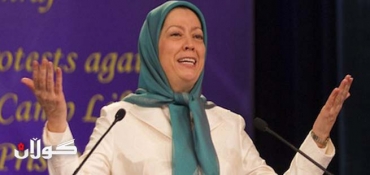
ERBIL, Kurdistan Region – The exile People’s Mojahedin Organization of Iran (PMOI), the largest opposition that advocates the armed overthrow of Iran’s Islamic regime, said it believes in autonomy for Iran’s large minority Kurds.
“We support autonomy for Iranian Kurds,” PMOI leader Maryam Rajavi said at a ceremony last week in Paris to mark the embattled group’s 48th anniversary. She noted that her organization already had officially announced its approval of autonomy for Iranian Kurds.
The PMOI’s National Council of Resistance, a coalition considered the group’s parliament-in-exile, had previously approved a 10-point plan proposed by the Kurdistan Democratic Party of Iran (KDPI), a one-time member of that coalition.
That proposal by the KDPI, which like PMOI is outlawed in Iran, included recognition of autonomy for Iranian Kurdistan, and called for an end to political, economic and cultural persecution of the Kurds.
KDPI joined the NCRI coalition in 1981, but withdrew two years later, claiming that all decision-making was dominated by the People’s Mojahedin. The PMOI, in turn, claimed it had thrown out the Kurdish group for unilaterally engaging in dialogue with the Tehran regime.
The Iranian Kurdish Struggle Party (KSPI), which has strong ties with the PMOI but is not part of its coalition, also confirmed that the NCRI is dominated by the People’s Mojahedin group.
“PMOI has dominated NCRI. Any party that becomes a member loses its freedom to make decisions independently and has to follow certain rules,” said KSPI spokesperson, Kamil Fard.
Iranian Kurdish parties say they favor federalism over autonomy, but are willing to cooperate with any Iranian opposition organization that supports democracy and Kurdish rights in Iran.
“It is after many years that the PMOI has brought up this issue, which means that the Kurdish issue in Iran is real and cannot be neglected,” said Muhammad Qadiri, a KDPI official.
He added that Rajavi’s message can also be interpreted as a call to Iranian opposition groups -- including the Kurds – to come closer.
Rajavi pledged equal rights for all, regardless of their ethnic or religious backgrounds. “We want for all Iranians to live equal in the next Iran,” she said.
“If the Iranian Kurdish parties desire to remain within Iran in the future, then they must work with all of the Iranian opposition groups,” said Fard, adding that it makes sense for Iranian Kurds to work with PMOI, since it is the most powerful Iranian opposition and recognizes rights for Iranian Kurds.
The PMOI was first founded as an armed opposition group against the Iranian Shah. But after his overthrow in the 1979 revolution the group sided with Iran’s new Islamic rulers, but soon fell out and went into exile, eventually given sanctuary in Iraq by Saddam Hussein.
After the US-led invasion in 2003, Baghdad disarmed the group and urged it to leave the country. For years the group refused to comply, until the Iraqi army launched several attacks on the group’s military camp, beginning in April 2011.
Most PMOI members, considered outlaws in Iran and believed to number about 3,400 in Iraq, have been evacuated from their Camp Ashraf and housed in an ex-US military base and elsewhere, as they wait to be resettled in third countries.
RUDAW

